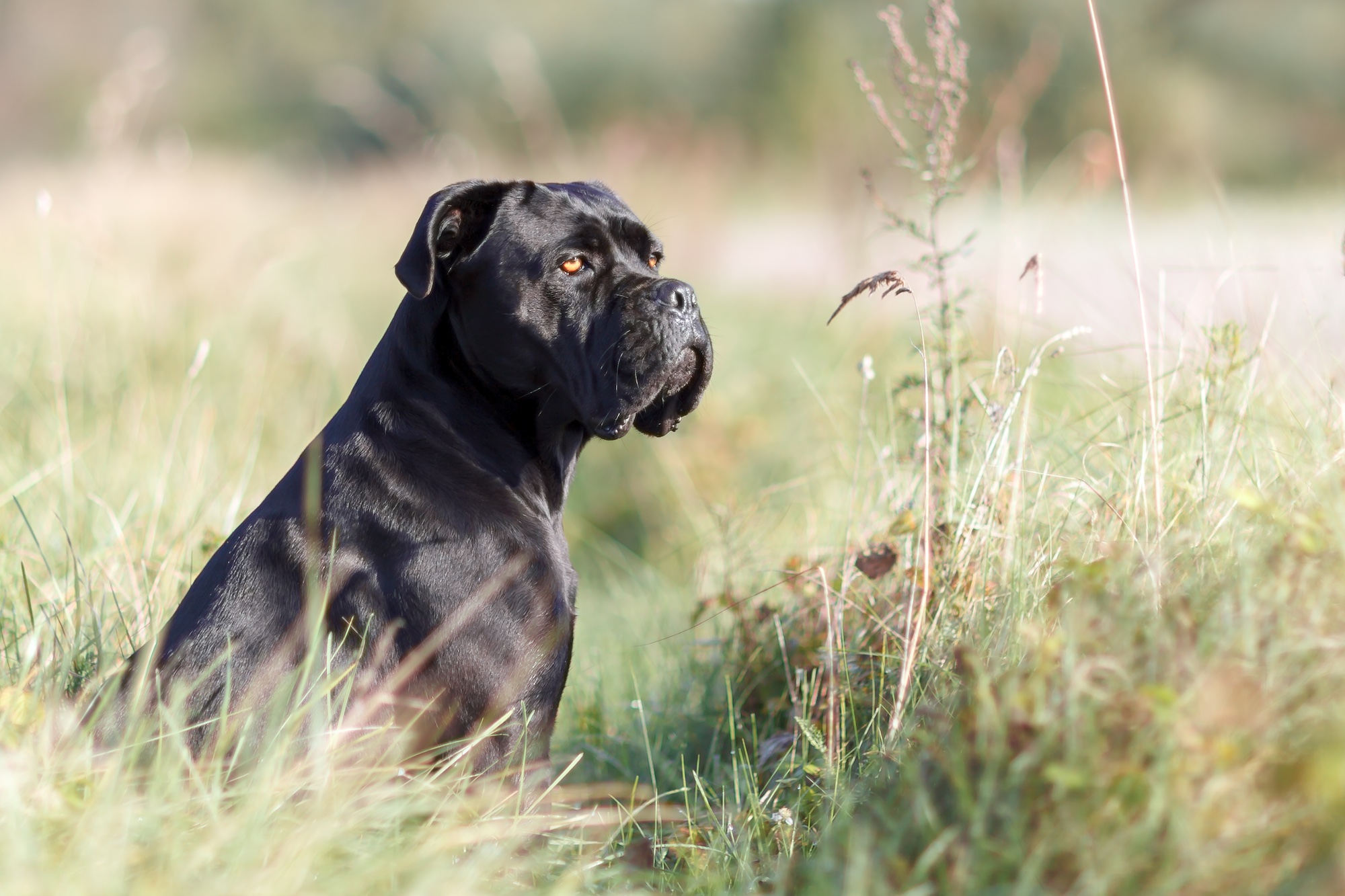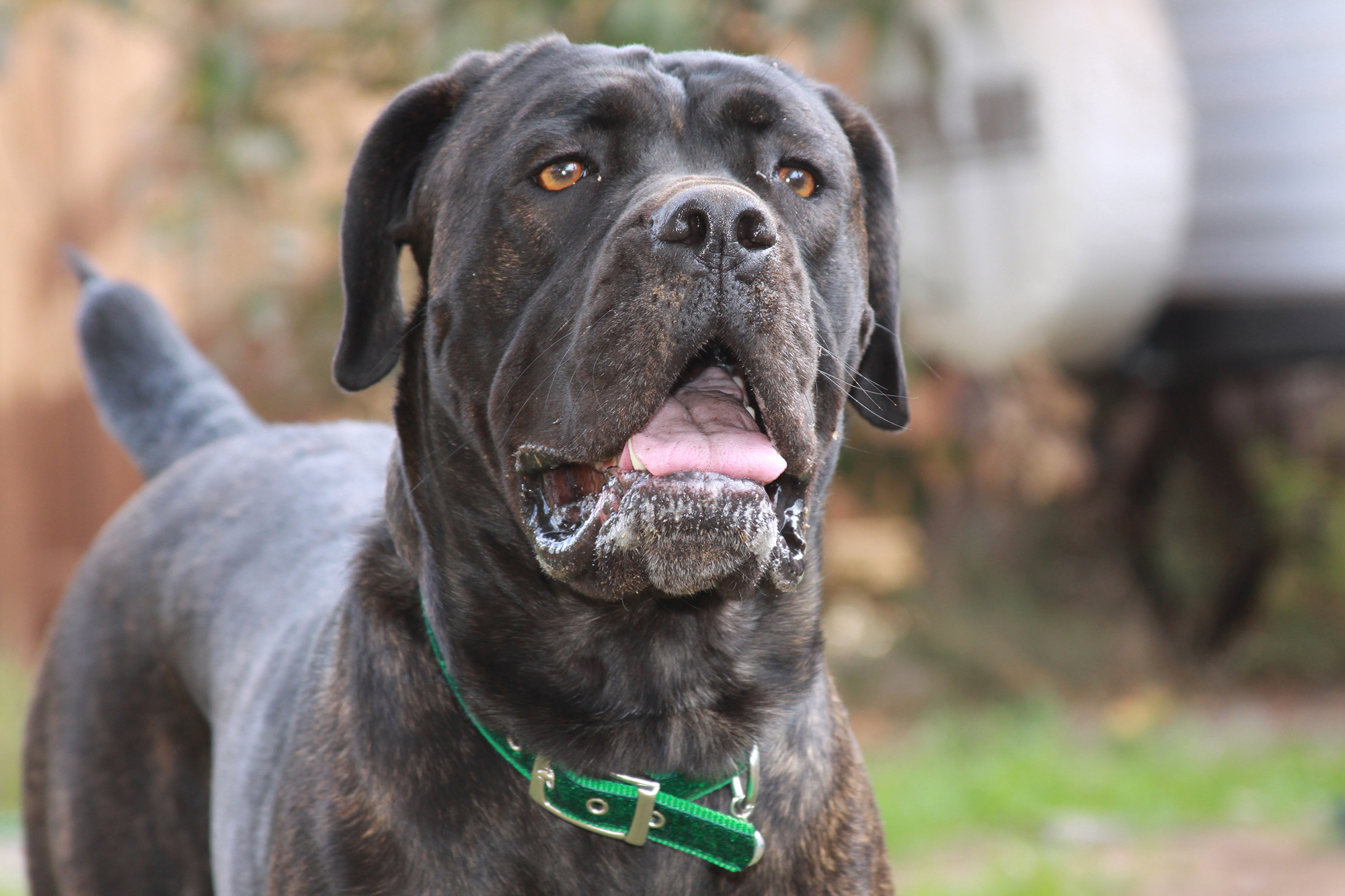The Protective and Loving Nature of Cane Corsos: A Complex Examination
Cane Corsos, an ancient breed of Italian mastiffs, have gained popularity in recent years as both family companions and loyal guardians. Their imposing size, unwavering devotion, and protective instincts have made them a formidable presence in the canine world. However, the complexities of their temperament warrant a thorough examination, as their protective nature can manifest in both positive and negative ways.
The Protective Instincts of Cane Corsos
Cane Corsos are renowned for their unwavering loyalty and protectiveness towards their loved ones. This instinct stems from their historical role as guardians of farms and estates, requiring them to deter strangers and potential threats. Their strong sense of territory and family bonds further reinforce their protective tendencies. When faced with a perceived danger, Cane Corsos are likely to bark, growl, or even intervene aggressively.
The Positive Aspects of Protectiveness
The protective nature of Cane Corsos can provide significant benefits. Their presence serves as a deterrent against intruders, providing peace of mind to their owners. Their unwavering loyalty makes them ideal companions for families with children, as they are quick to step in if they feel the child is at risk. Additionally, their protective instincts can be an asset in certain occupations, such as police or military work, where their ability to guard individuals or property is invaluable.
The Potential Challenges of Protectiveness
While the protective nature of Cane Corsos can be advantageous, it also presents potential challenges. Excessive protectiveness can lead to aggression towards strangers or other animals, even if no actual threat exists. This can make socialization difficult and can increase the risk of bites. Uncontrolled protectiveness can also be a liability in situations where a calm demeanor is required, such as in public gatherings or veterinary visits.
Factors Influencing Protectiveness
The expression of protectiveness in Cane Corsos is influenced by a complex interplay of factors, including:
Responsible Ownership and Training
Owning a Cane Corso comes with the responsibility of managing their protective nature effectively. Responsible owners should:
Conclusion
The protective nature of Cane Corsos is a complex and multifaceted trait that can manifest in both positive and negative ways. While their unwavering loyalty and protectiveness can provide significant benefits, it is essential to acknowledge the potential challenges associated with these instincts. Responsible ownership, early socialization, consistent training, and an understanding of the factors influencing protectiveness are crucial for ensuring that Cane Corsos live in harmony with their families and communities. By fostering a balance between their protective nature and a willingness to adapt to different situations, we can harness the strengths of this remarkable breed while mitigating any potential risks.
The Truth Behind German Shorthaired Pointers’ Active Nature
The Fascinating History Of Rottweilers: Fun Facts
The History Of Bulldogs: From Fighters To Family Pets



/cane-corso-dog-outdoors-980074896-d9f6c4e24c8c46b4b5835af8a64a28dd.jpg)